The Environmental Impact of Essential Oils + 5 Sustainable Brands
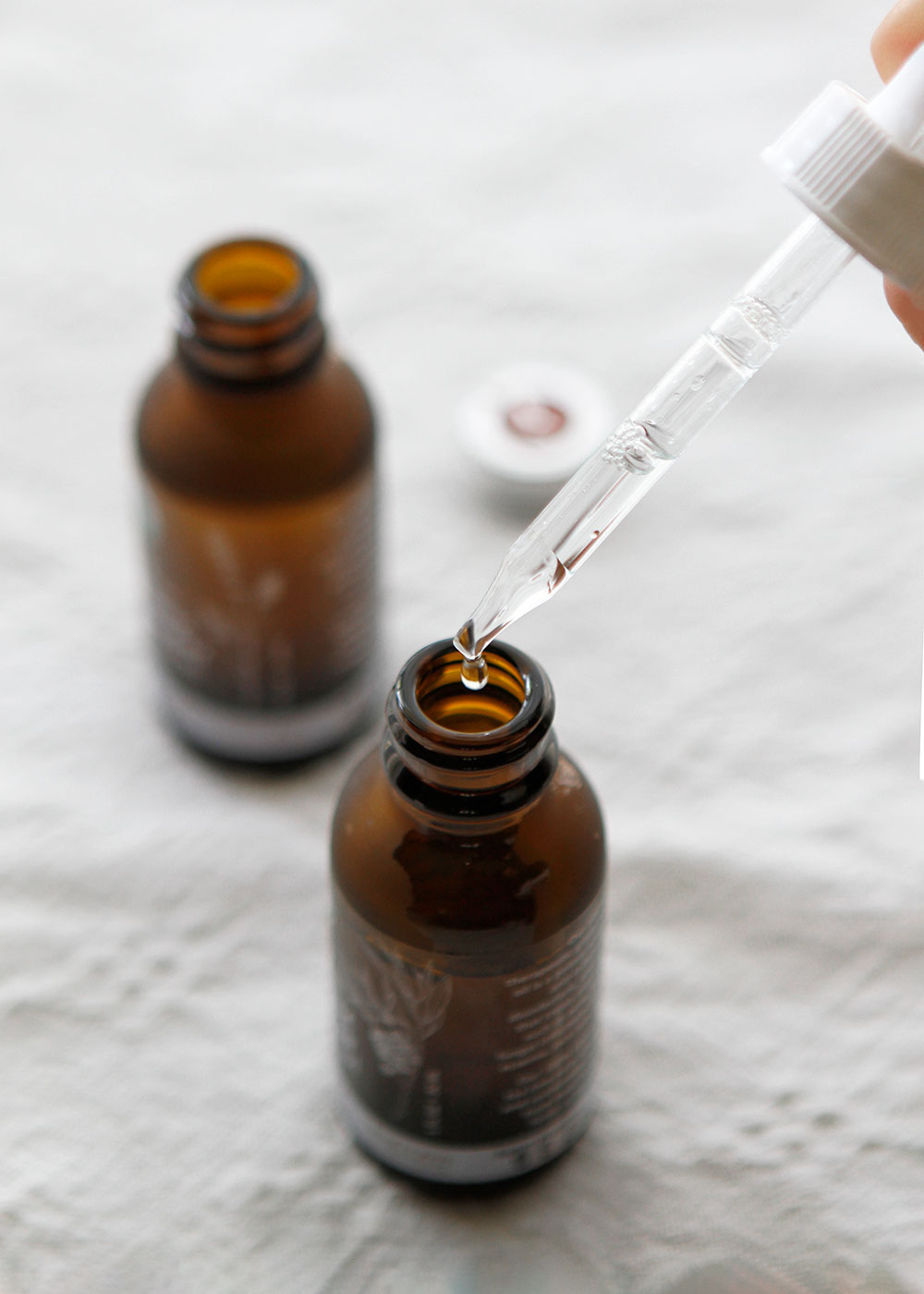
Affiliate Disclaimer: this website is supported by its audience and contains affiliate links. An affiliate link means I may earn advertising or referral fees at no extra cost to you if you make a purchase through these links. (read more)
Essential oils have gained popularity ever since western consumers have been hunting for alternatives to chemical-ridden household products. With such high demand it raises the question, what are essential oils environmental impact? Although essential oils are seen as holistic remedies the industry can actually be quite wasteful and damaging.
Essential oils are sold in small bottles for a reason; they are concentrated and powerful natural resources. The production of oils is quite extensive, for instance it can take 50 petals to make a single drop of rose essential oil. To fill a 1oz bottle that contains about 600 drops that means it takes approximately 30,000 petals! Hence, why we only need a few drops for the effects we’re after. Another shocking example of how damaging the industry has become is how frankinscense forests are now under threat. For years frankincense was always harvested sustainably until the global demand changed everything.
When looking for essential oils keep in mind the following:
1. Are there essential oils available locally?
Every country has its own native species so not every oil on your wishlist might be available from a local farmer or distiller. However, you might be surprised where you find oils in your area and see first-hand how they are produced.
2. Is the essential oil you want at risk or on the watch list?
A good resource is United Plant Savers where you can find a frequently updated list of wild medicinal plants that are currently the most sensitive to the impact of human activities. By purchasing oils from at risk plants you are contributing to the deforestation of these plants since our demand is higher than their growth rate.
3. Is the supplier transparent about where and how their oils are sourced?
Transparency is key for us as consumers to make the best buying choices. The supplier should be closely connected with their farmers and anyone else in their line of production. Suppliers might not want to give away specifics but they should be open about general information such as certifications, sustainability, ect.
DISPOSAL
It can be difficult to remember essential oils are highly concentrated, flammable substances that should be treated like other hazardous materials such as paint thinner, pharmaceuticals, gasoline, ect. While it’s ok to pour a couple drops of essential oil down the drain, large quantities should not be dumped in the sink because these substances can come into contact with water supplies, vegetation, and animals. Your retailer or supplier should be able to provide a Material Safety Data Sheet (MSDS) for each essential oil that has information on safety, storage, usage, and disposal.
You can also contact the Waste Management Department in your community for advice on how to properly dispose of your oils.
Sustainable Essential Oil Brands
☾
Based in Conover, North Carolina.
Forest Remedies’ essential oils and botanicals are harvested by responsible producers across the globe. They are dedicated to transparency and responsible environmental management, and work directly with growers and producers to improve practices, quality, and yields. Every time you purchase a Forest Remedies product, they contribute to the planting of a tree through their partnership with One Tree Planted. Also, with every purchase from the Jane Goodall Collection, they donate 5% of the sale price to the Jane Goodall Institute and their mission to protect wildlife and empower local communities. | SHOP
At Bursera, they are committed toward lessening their climate impact through carbon offsets projects, fair-trade working conditions, cruelty-free manufacturing, using environmentally friendly supplies and materials. Bursera values and policies also extend to their suppliers. Bursera has partnered with Trees for the Future to plant young trees across six countries in Sub-Saharan Africa, and financially supports the Great Canadian Shoreline Cleanup. They also donate to 1% for the Planet. | SHOP
Located in San Clemente, California
Eden’s Garden is an eco-conscious company and chooses sustainable practices whenever possible from soil to bottle. All of the oils come from plants grown in their indigenous locations and sources all their products from organic growers and distillers. No pesticides, synthetic chemicals, herbicides, GMOs, harmful chemicals, or fertilizers are ever used during any stage of the growing or distillation process. | SHOP
Based in Waldo, Wisconsin.
As a company fighting to end human trafficking, Simply Earth sources oils in small batches when they can, and always from small, ethical farms all over the world, wherever that particular oil grows best. They are committed to donating 13% of profits to organizations that are on the front lines of fighting the injustice of human sex trafficking. All oils are are free of fragrances, fillers, and contaminants. | SHOP
Headquartered in Orem, Utah
Rocky Mountain Oils uses the latest cutting edge scientific studies, world renowned chemists, aromatherapists, and expert technicians to craft premium essential oils. They support small farms, work with qualified distillery technicians and world-renowned labs. The packaging is created from 100% recycled materials and they have the industry’s first Glass Bottle Recycling Program. | SHOP
↟↟↟

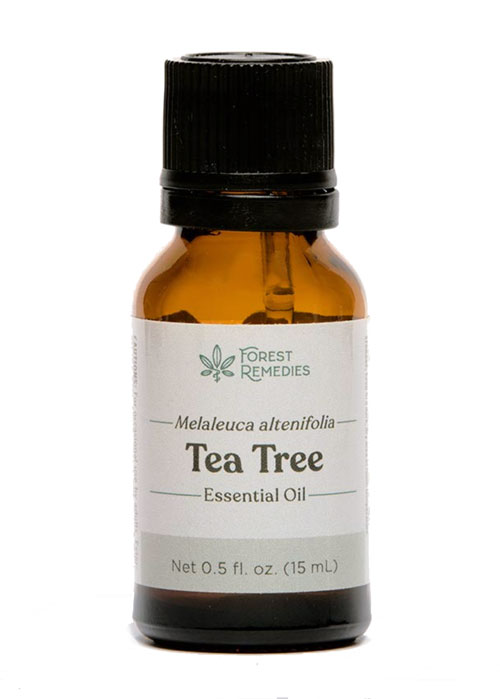
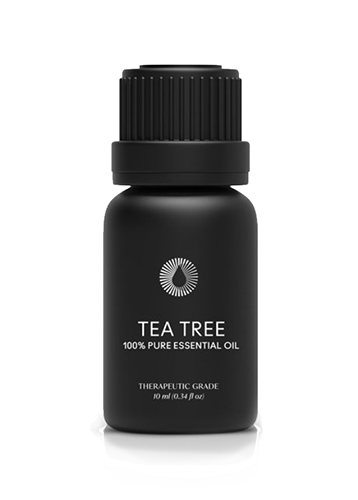
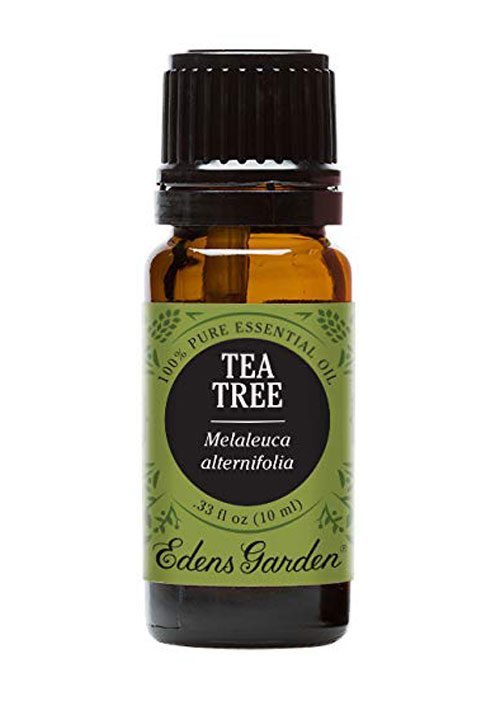
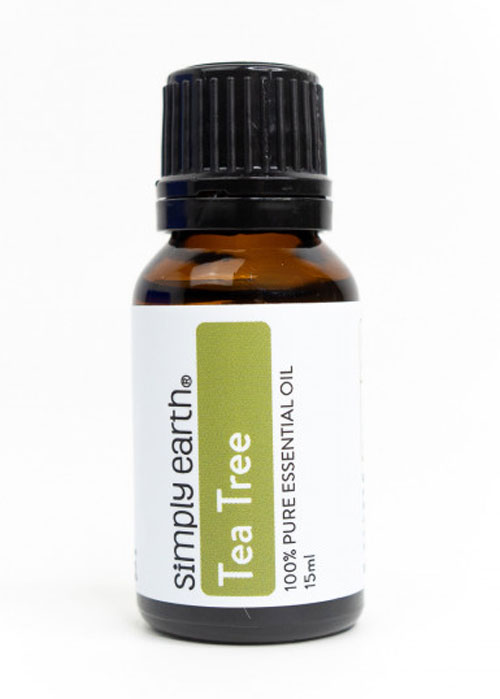
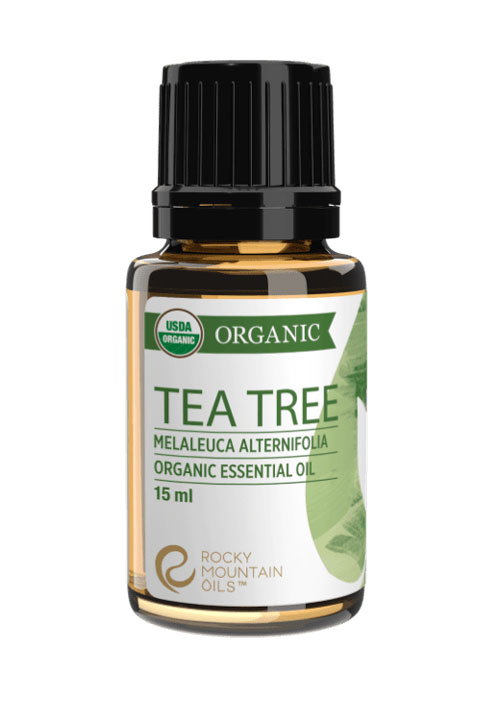
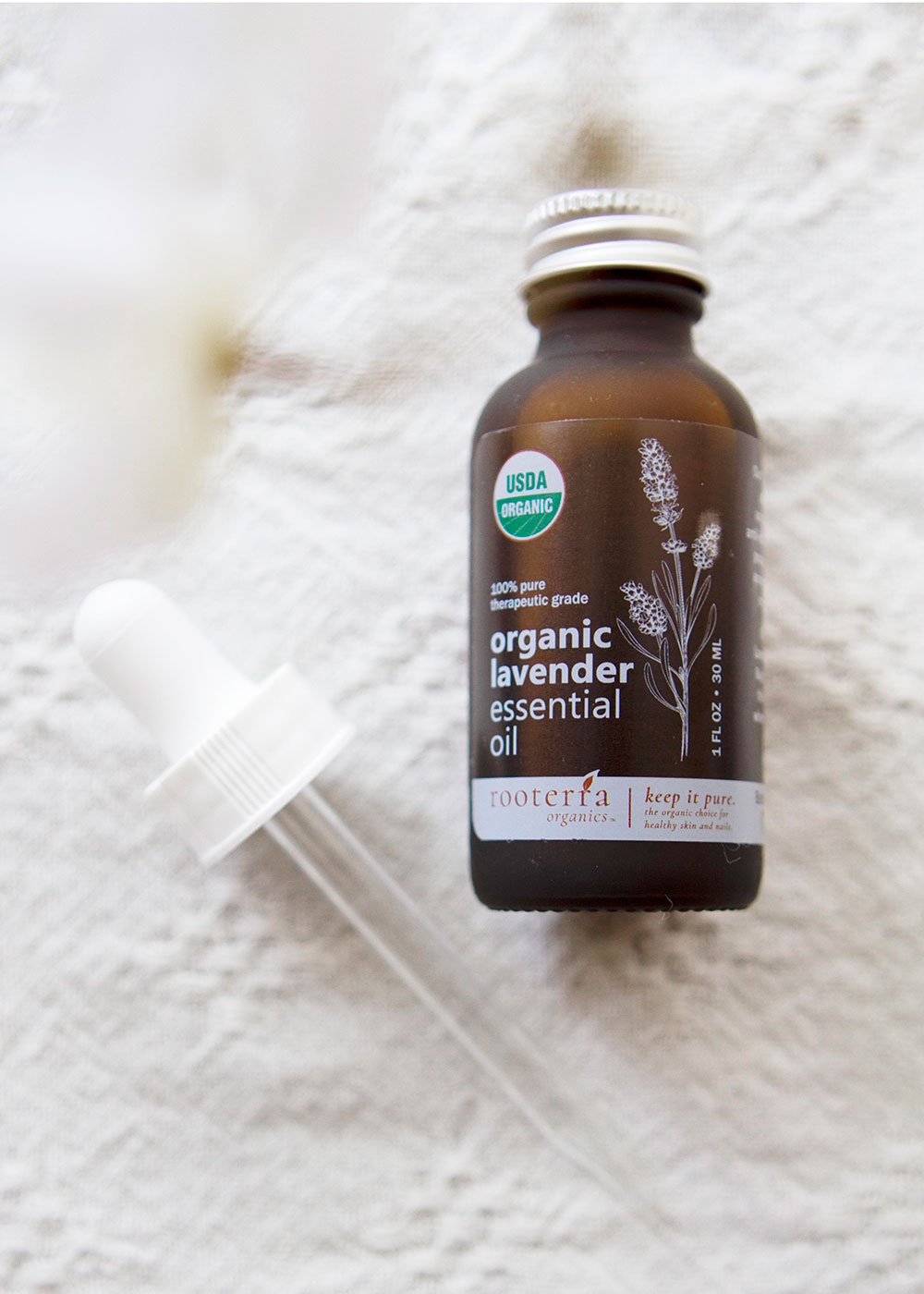





0 Comments